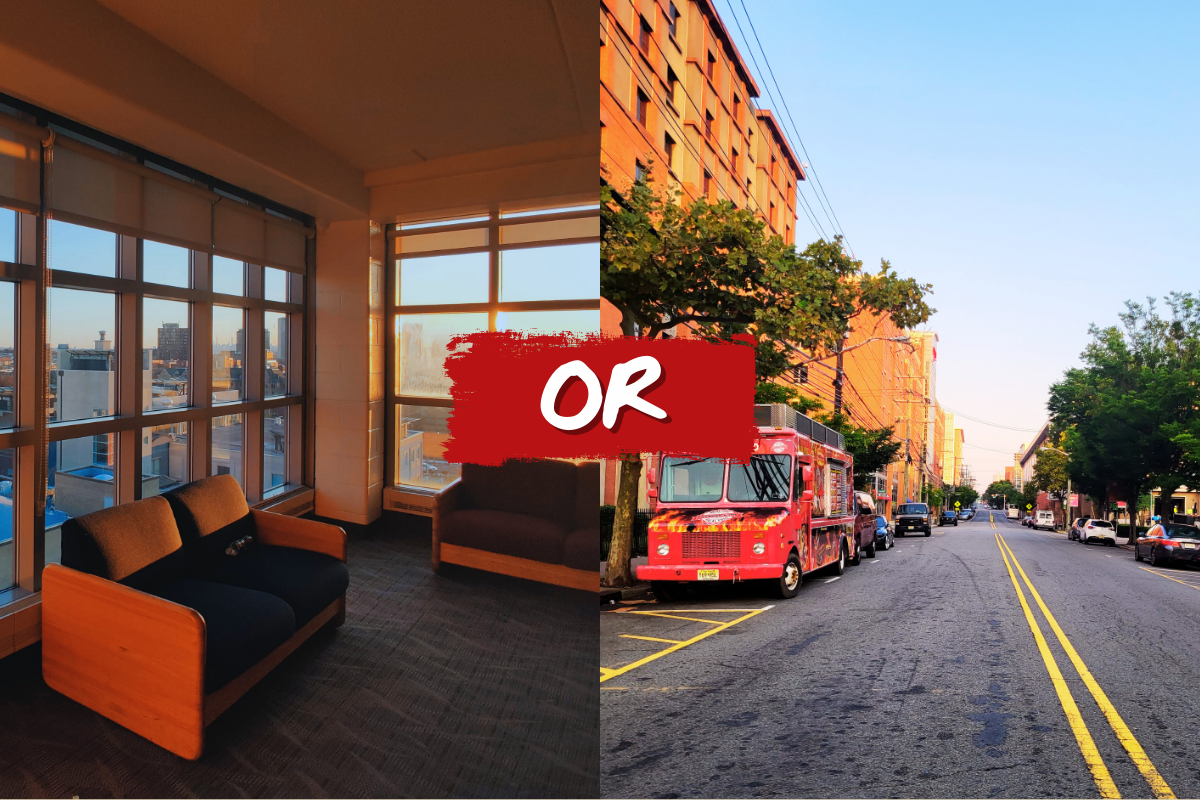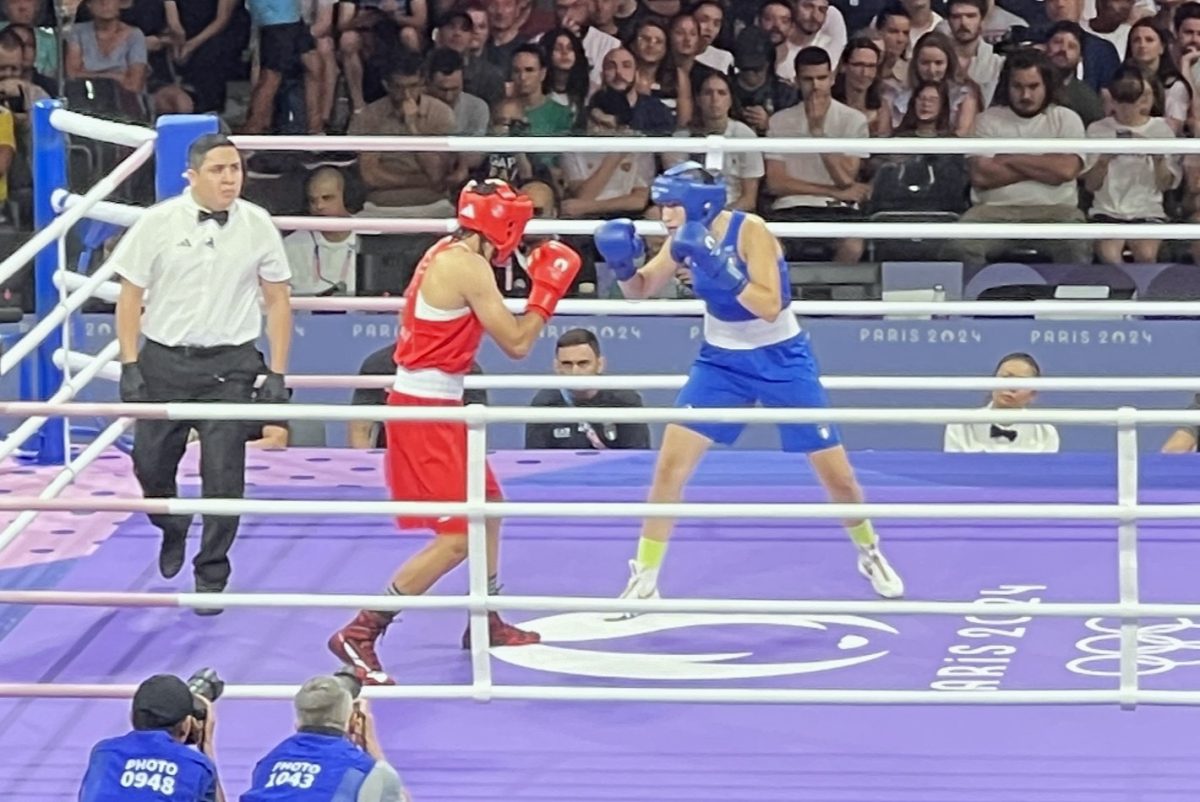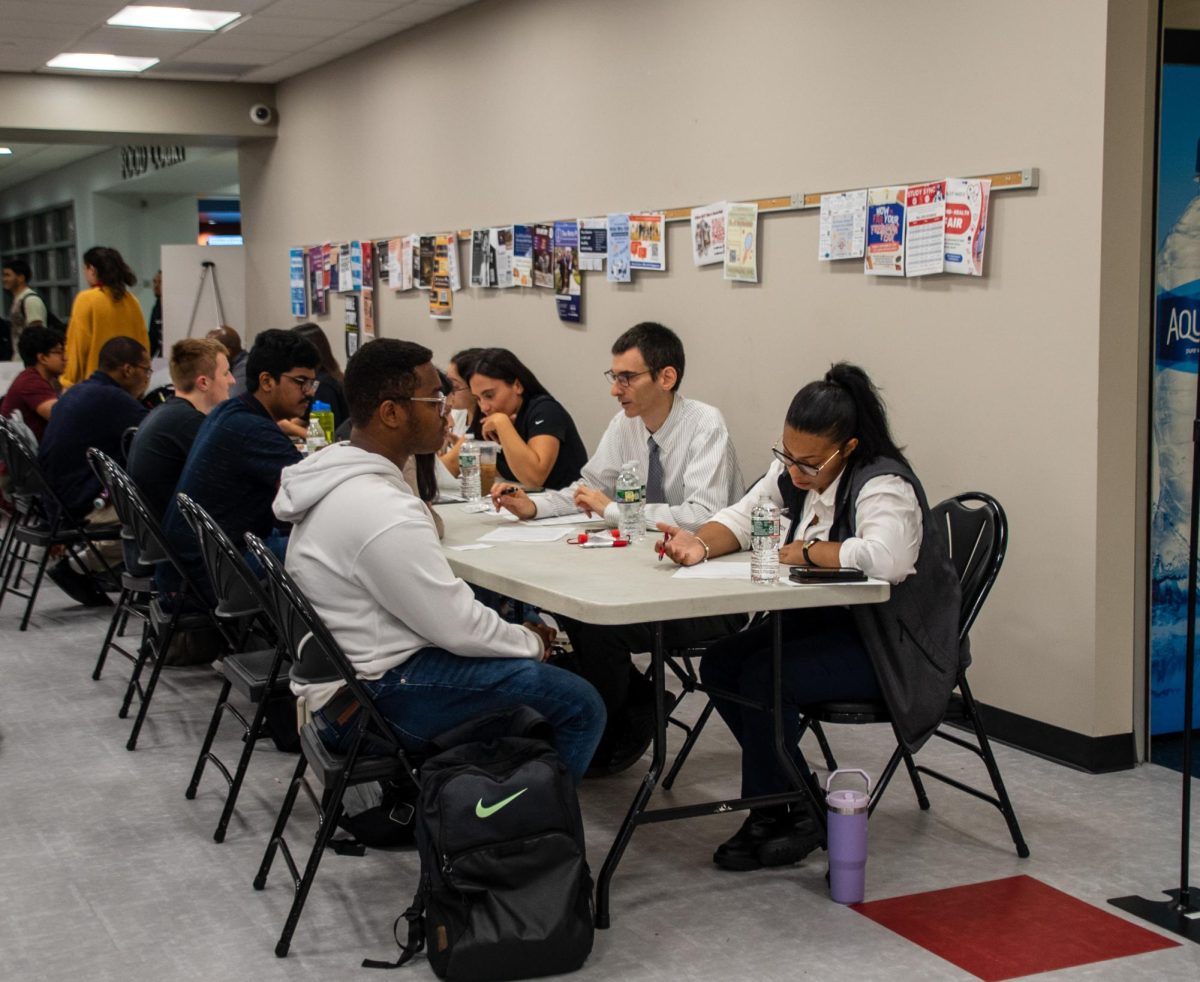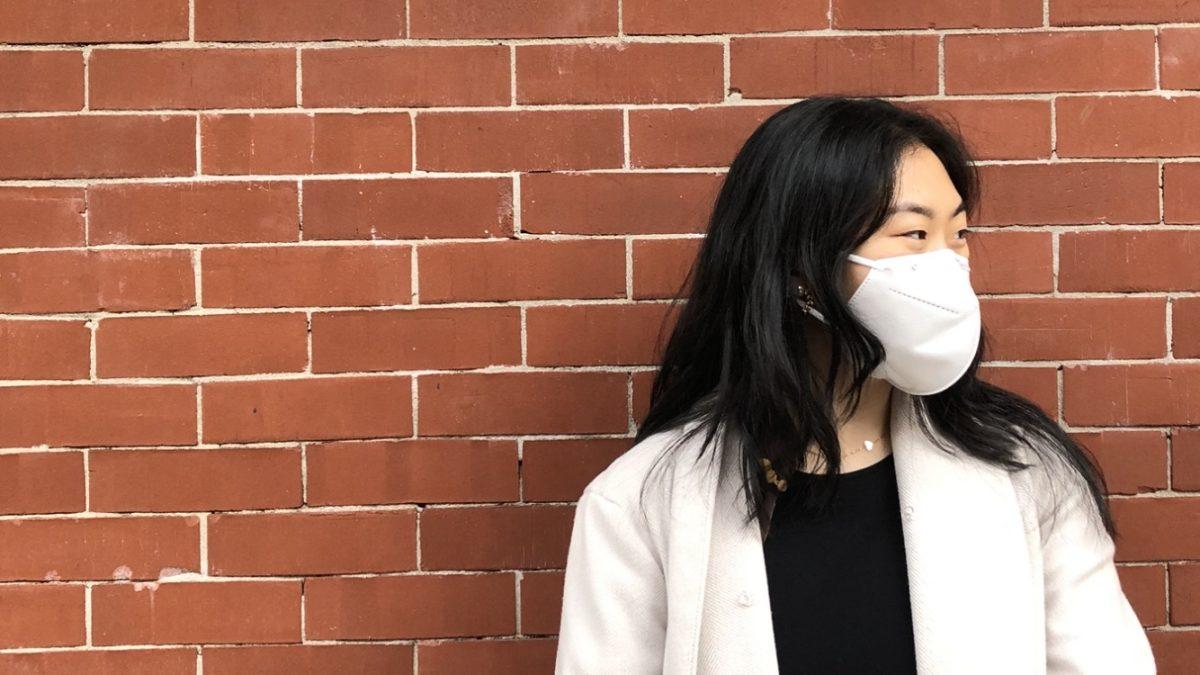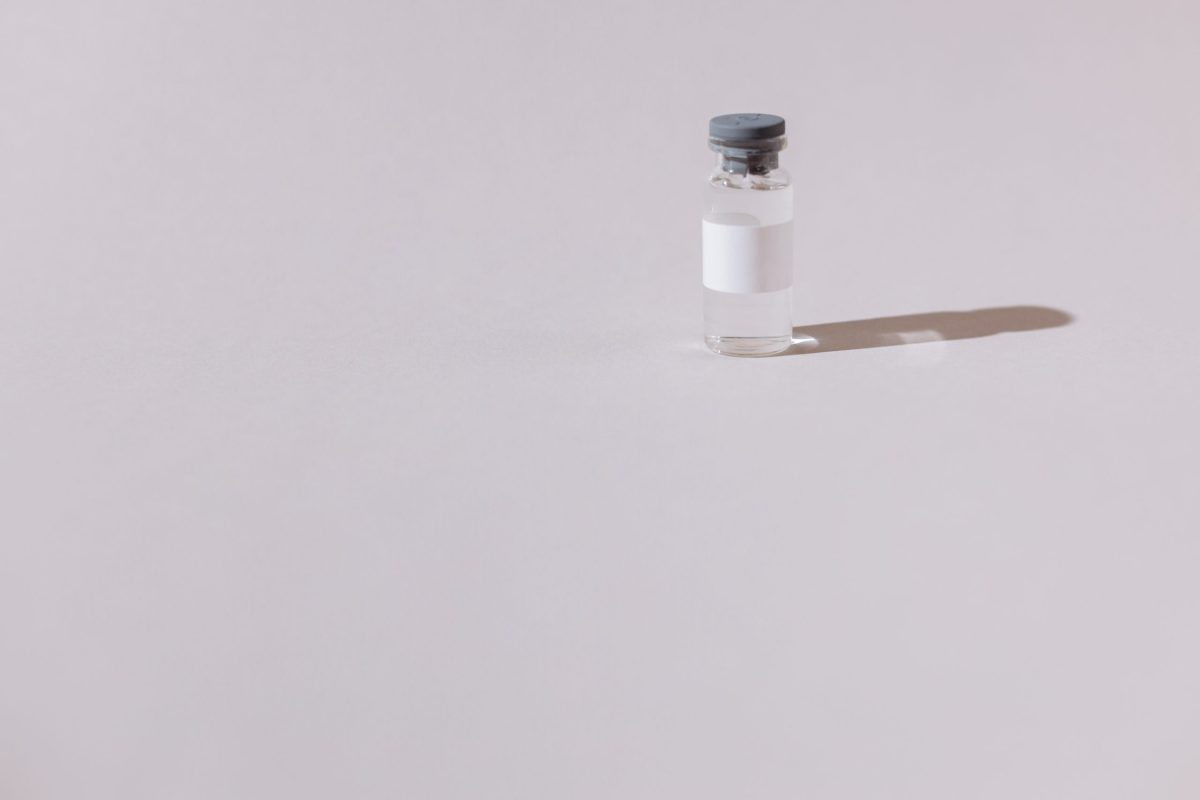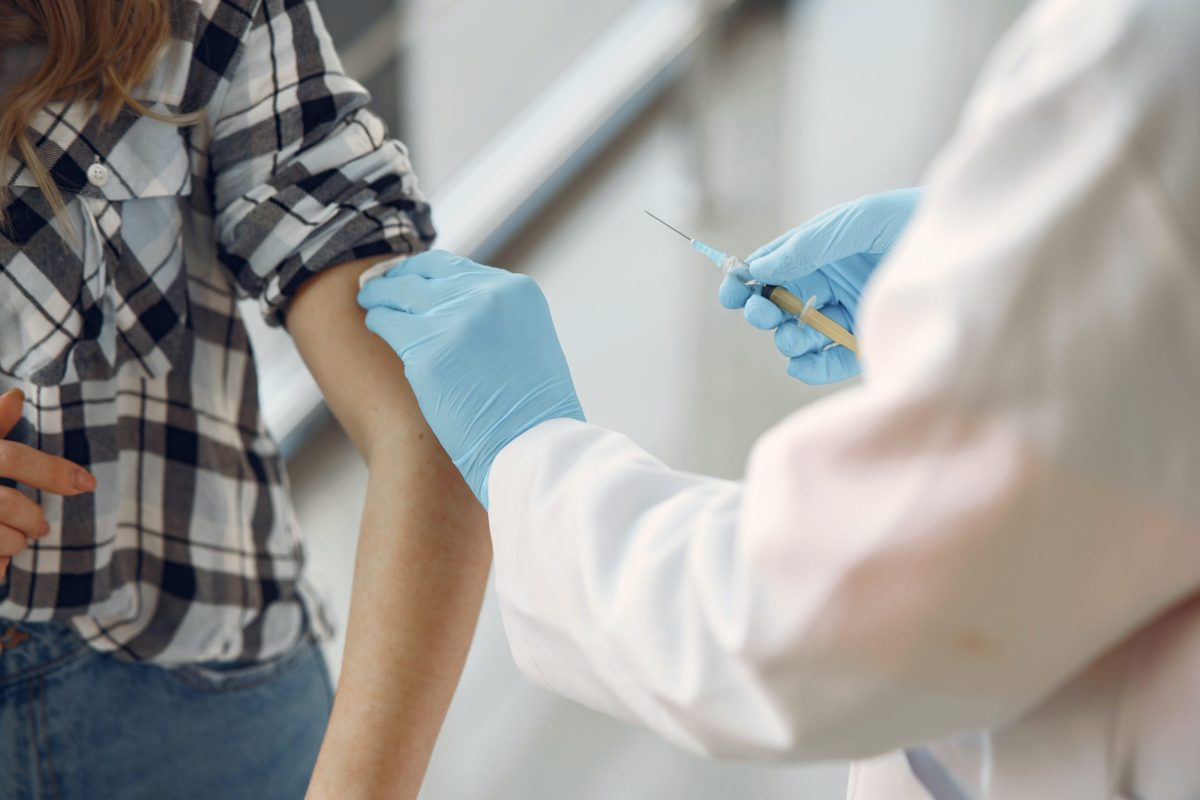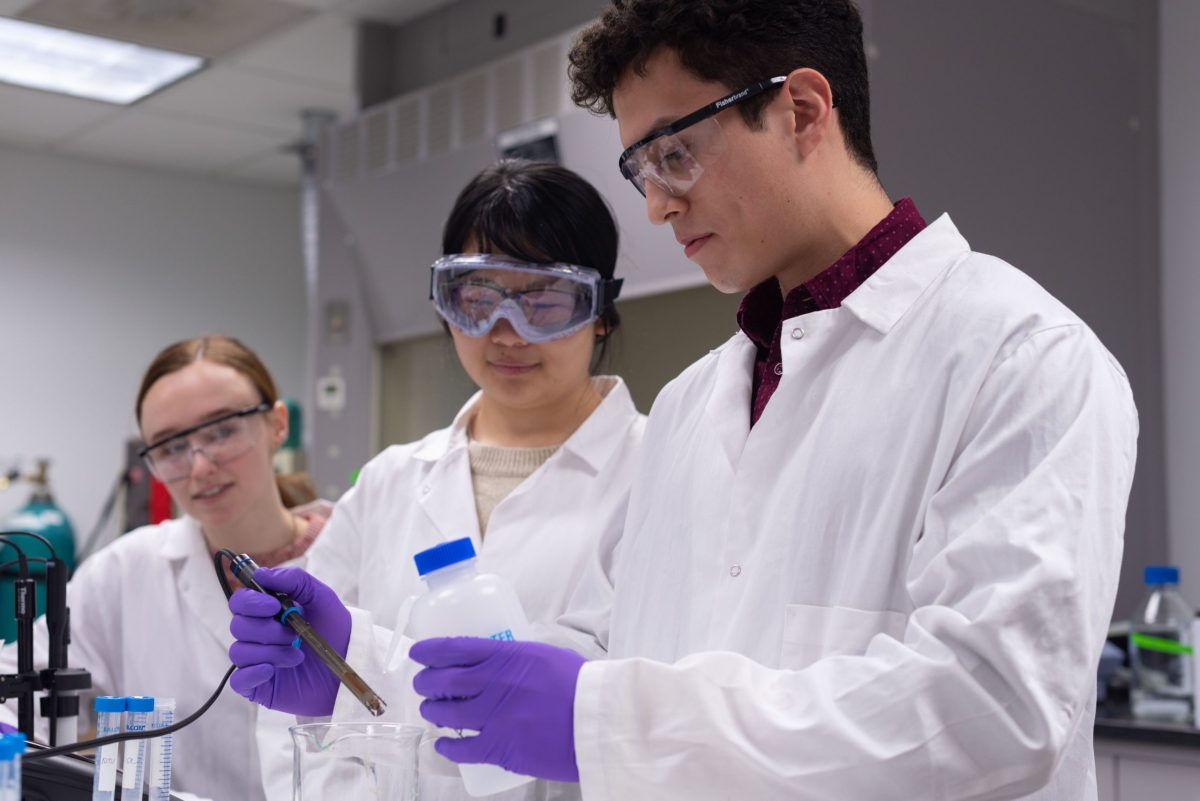In a new paper, NJIT professor Dr. Michel Boufadel and his colleagues studied the propagation of COVID-19 particles through the airways in a supermarket setting, focusing on how current set ups could be improved to prevent the spread of the virus.
Boufadel, a professor of civil and environmental engineering, has focused much of his past research on sustainability, particularly in regards to water and oil infrastructure. The effects of the pandemic, it seems, have attracted him to the field of disease-focused design. After drafting the study, he reached out to a team of fellow environmental engineers and modelers to produce the paper.
The team came to a few notable conclusions, with the paper noting the importance of mask wearing at distances far beyond six feet, the need to upgrade current air filtration standards and, novel conclusions regarding the role that increased surface area may play in curbing the spread of aerial virus particles.
The primary method of the study was the use of fluid dynamics modeling with the assumption of air flow from indoor ventilation. Under these assumptions, COVID-19 particles were found to travel in excess of 5-15 meters (depending on size), far greater than the 2 meter (or 6 foot) social distance recommendation by the CDC. This indicates that social distancing itself alone is not sufficient in indoor settings like supermarkets and must be supplemented with measures like mask wearing.
As much of the model’s results were based on the assumption of air flow due to this ventilation, the filtration systems used by HVAC systems were a point of focus. The study found that filters with MERV ratings 1-12 (the usual range for residential and commercial purposes) were inadequate in removing particles less than 5 μm and thus posed further risk of infection by recycling virus particles further into the air. An increase in filtration standards could significantly curb the spread of the virus.
Another method that showed promise in the study was the use of staggered display shelves or barriers in aisles. Airborne particles, which land on these barriers, can attach to certain barriers and can mitigate the spread within these aisles, especially when combined with one-way movement of customers. Dr. Boufadel notes the importance of this strategy in supplementing the use of filtration. “Baffles/shields would reduce the risk. They cannot eliminate the risk, but you cannot have return vents every 10 feet in a supermarket.” However, the study notes that as display shelves have a high number of attached virus particles and are likely to be touched by customers, measures such as glove-wearing or use of disinfectants by store workers would be strongly recommended.
By addressing some of these problems in supermarkets, a prime transmission site for COVID-19, the US may greatly mitigate their infection rates as the process of vaccinating its citizens continues. Even after the completion of these vaccination campaigns, some of the recommendations of the researchers may still prove effective in preventing the transmission of other airborne viruses like the common cold and influenza.
However, there is still more room for research in this area. Boufadel stated his intention to better quantify the air streams of indoor spaces in further research, while noting the need for further investigation into methods of reducing virus transmission in indoor environments.







